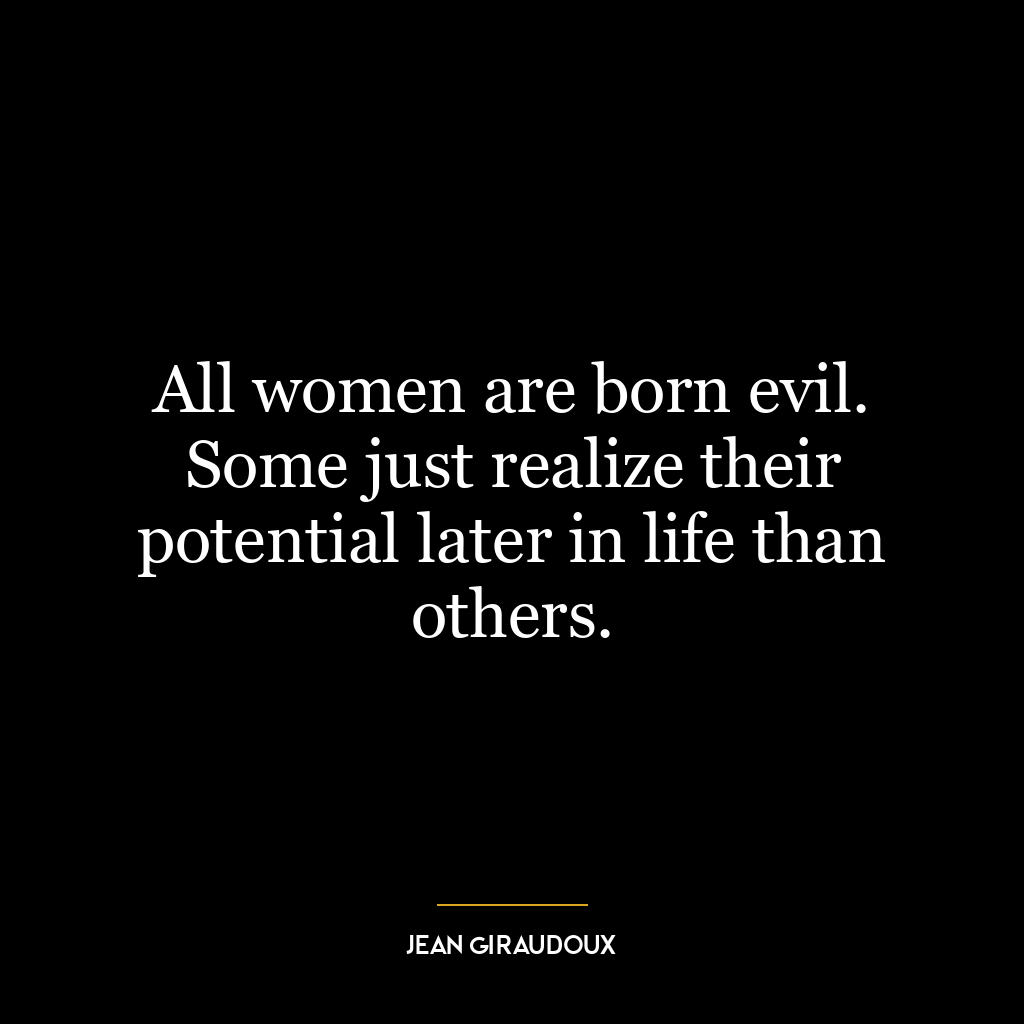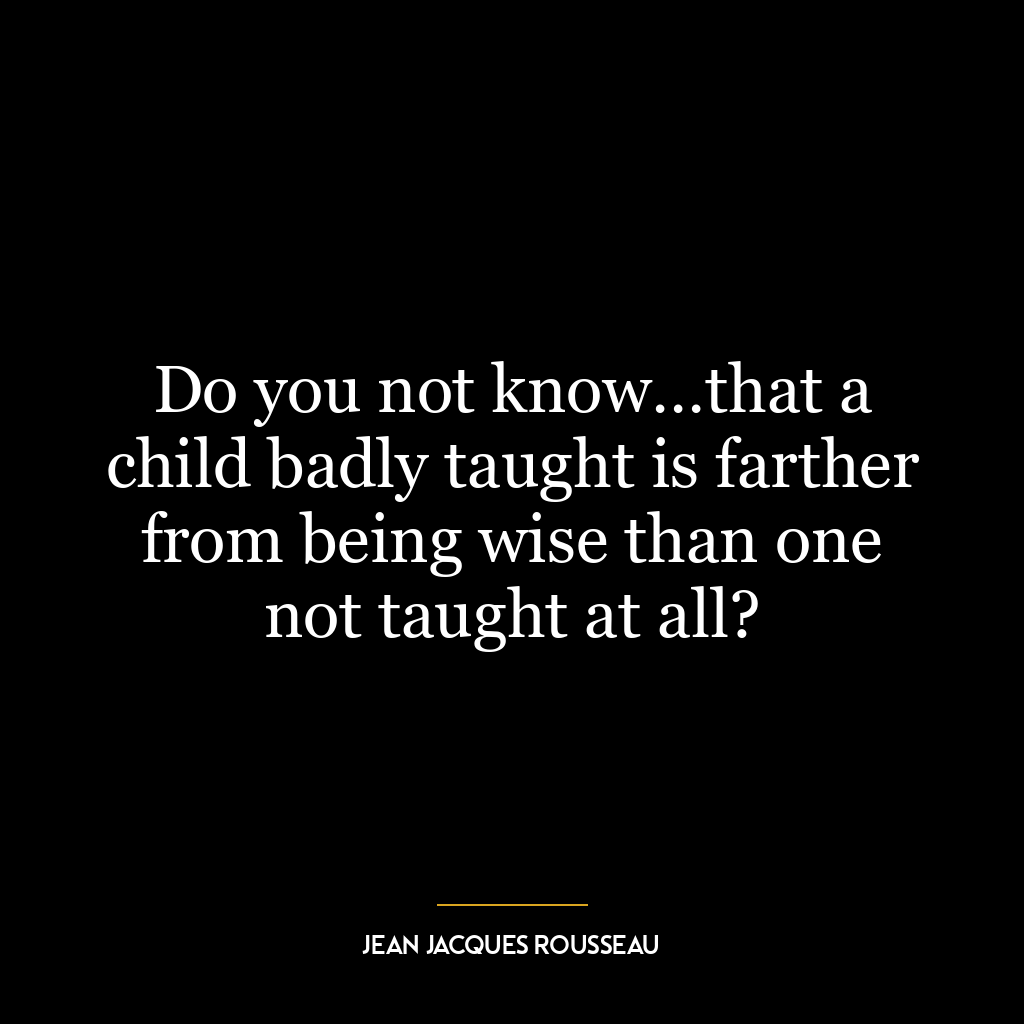It is well said that neglected prayer is the birth-place of all evil.
This quote emphasizes the importance of prayer in maintaining moral and ethical behavior. The metaphorical reference to “neglected prayer” as the “birth-place of all evil” suggests that when individuals ignore or neglect their spiritual practices, they might be more susceptible to negative influences and actions. Prayer is seen not just as a religious ritual, but also as a personal discipline that helps individuals cultivate virtues such as humility, gratitude, patience, and compassion.
The concept of neglected prayer can be interpreted in various ways. It could refer to literal neglect of religious prayers or rituals. But on a broader level, it can also mean neglecting one’s inner voice or conscience – an essential guide for moral and ethical behavior.
In today’s world where materialistic pursuits often take precedence over spiritual growth, this idea holds significant relevance. We are constantly bombarded with external stimuli like social media that may distract us from introspection and self-reflection – modern forms of ‘prayer’. This distraction could lead us down paths we may regret later.
Applying this quote to personal development implies prioritizing time for self-reflection or meditation – essentially creating space for ‘prayer’ regardless of one’s religious beliefs. By doing so, we maintain contact with our core values and principles which act as our moral compass.
Therefore, whether you’re religious or not doesn’t limit the application of this quote. In essence it means: regularly check-in with yourself (pray), remind yourself about your values (preach), keep your goals aligned with these values (practice), otherwise you risk straying from your path (the birth-place of all evil).








